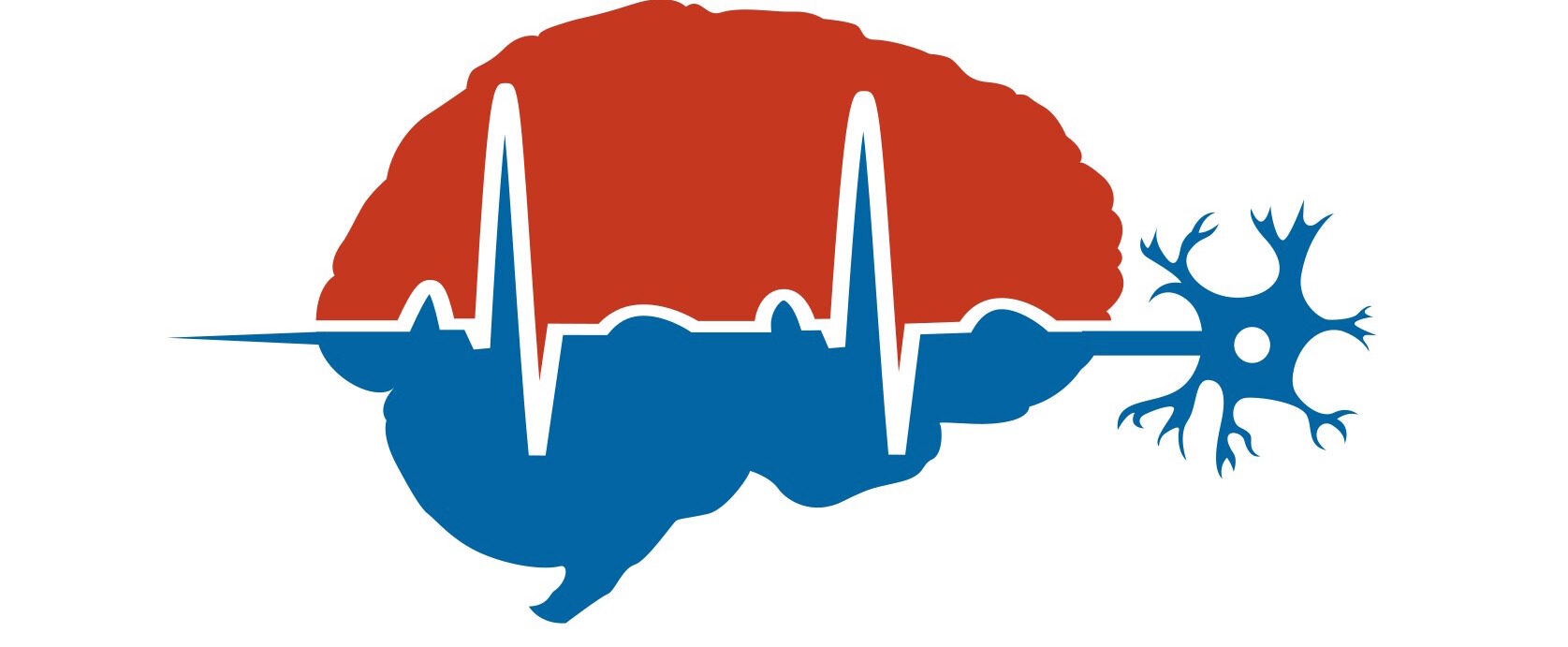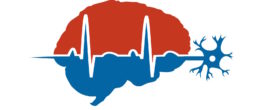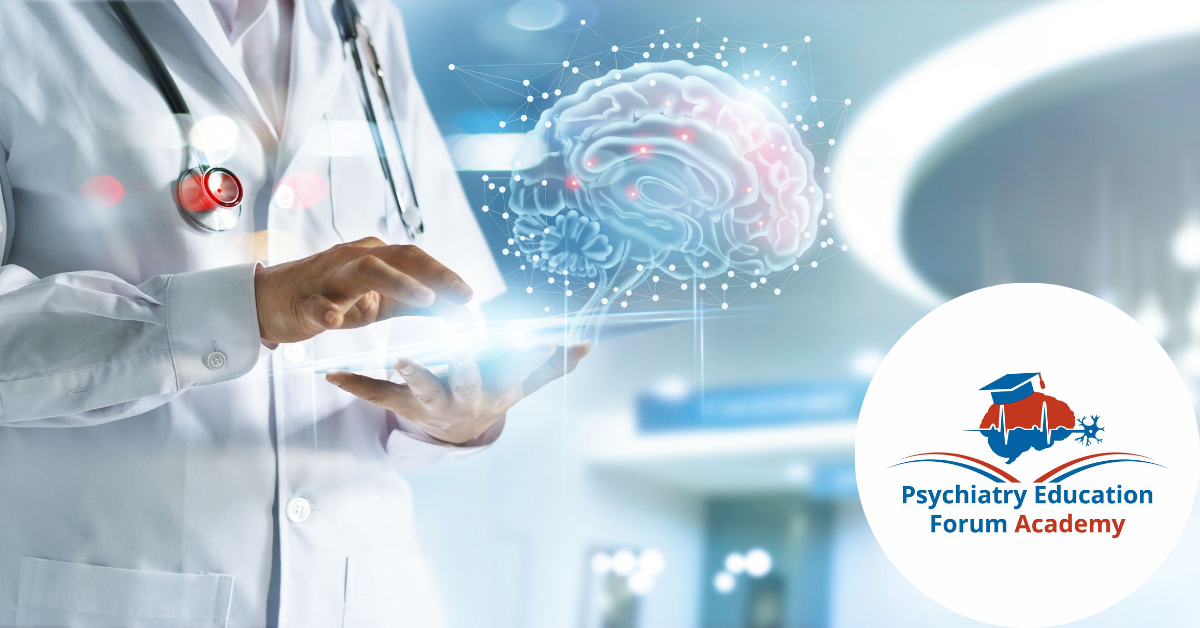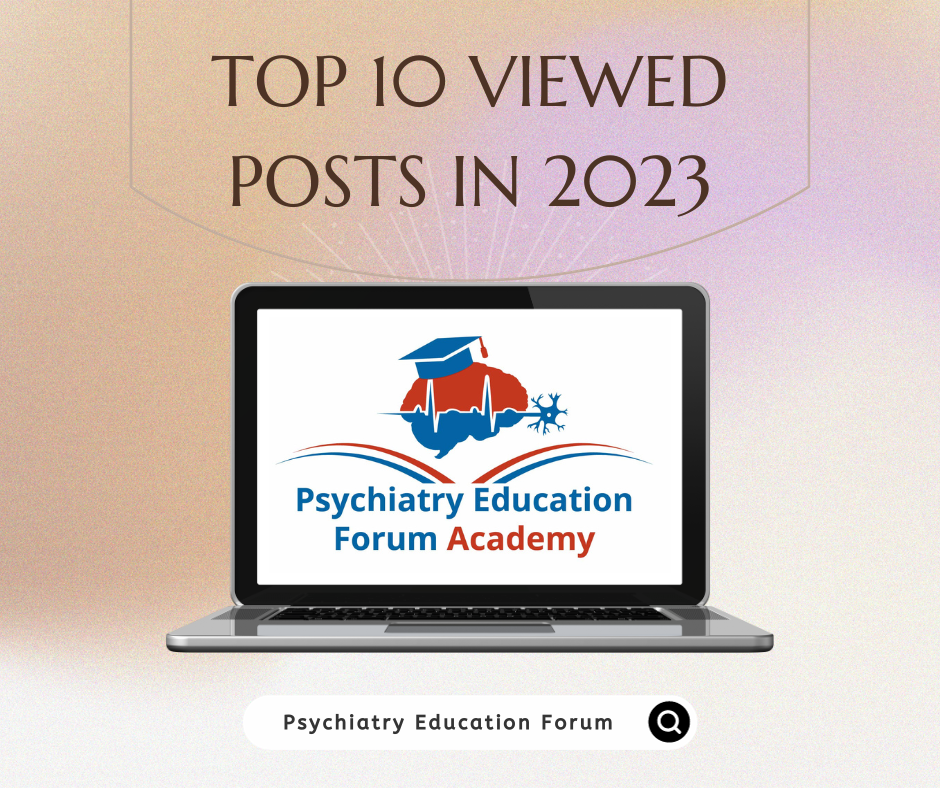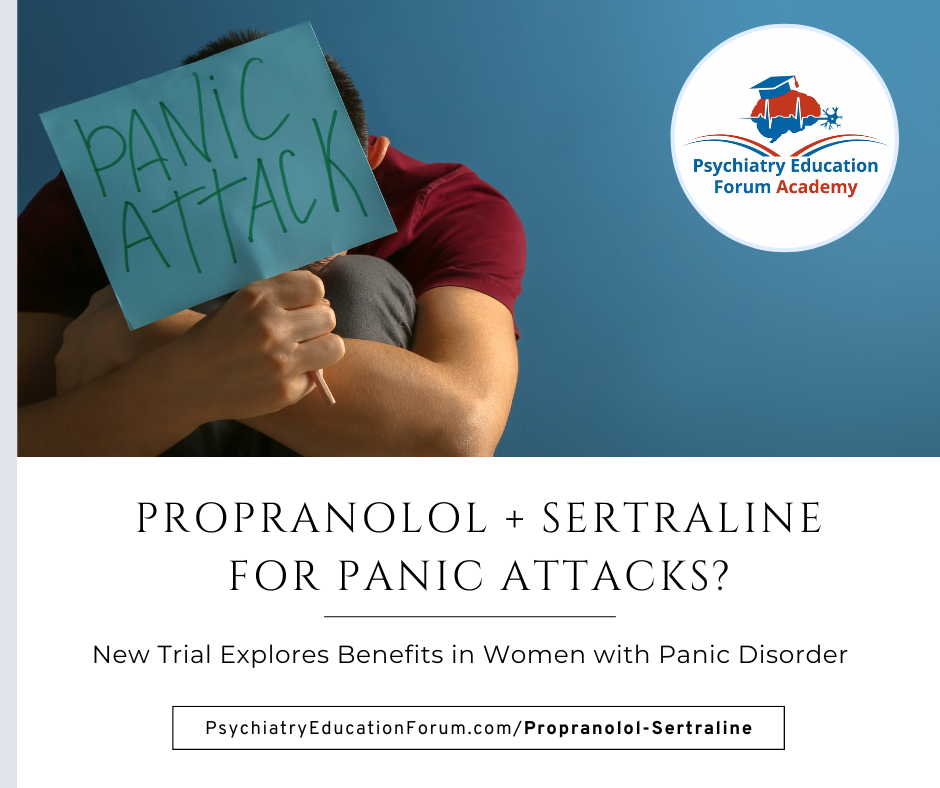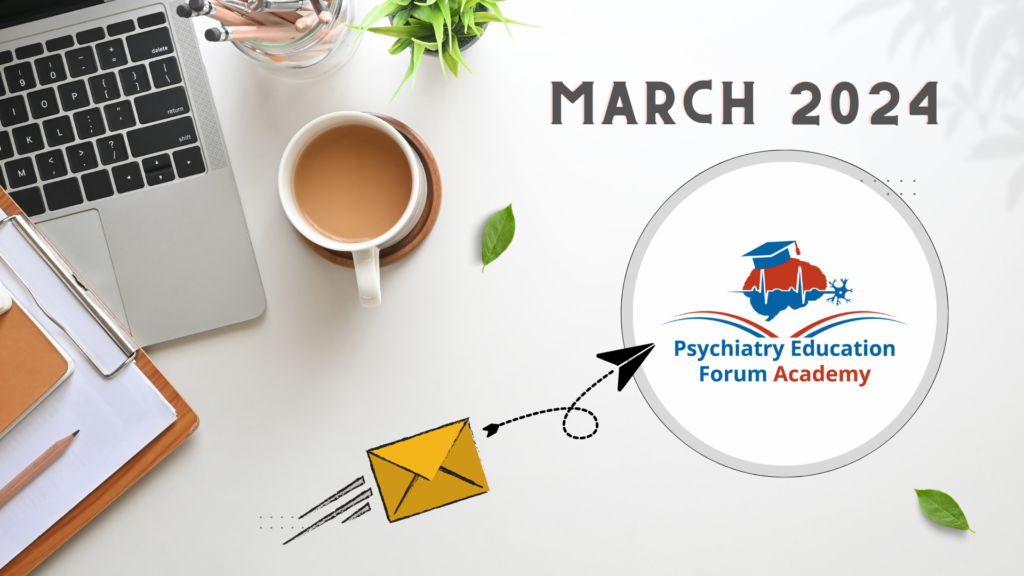EEG Biomarkers to Predict Antidepressant Response: Emerging Evidence
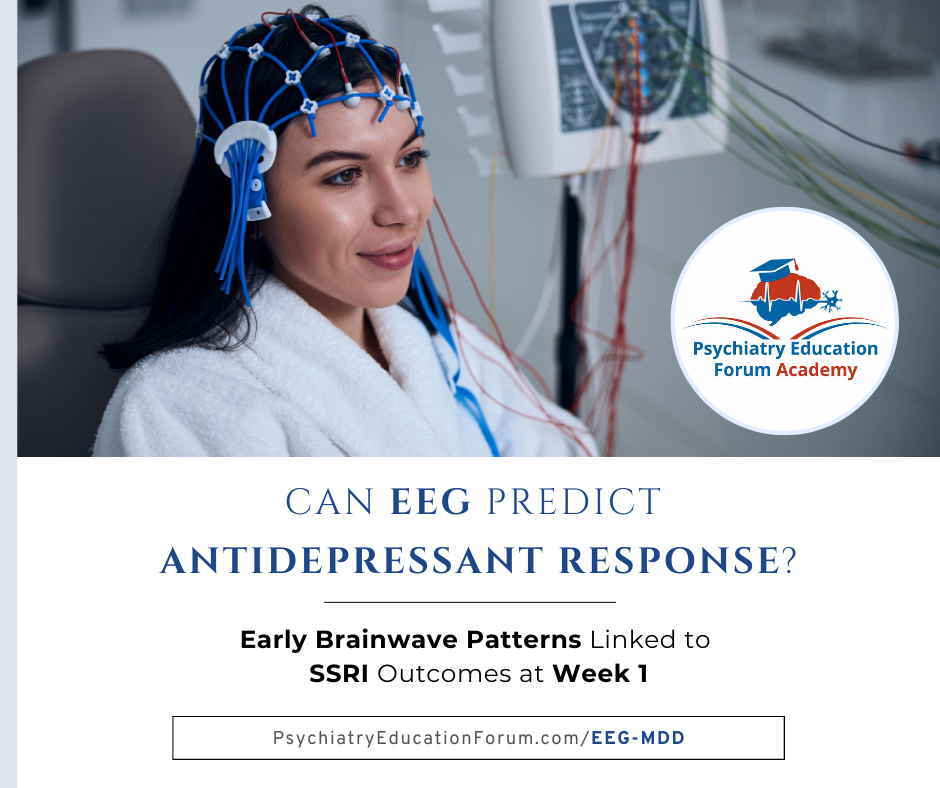
Want the latest research insights delivered straight to your inbox?

📌 Background
The challenge of treating major depressive disorder (MDD) lies in the trial-and-error approach to antidepressant selection. With up to 60% of patients failing first-line SSRIs, clinicians are increasingly seeking objective biomarkers to guide treatment decisions earlier.
Electroencephalography (EEG), a widely available, non-invasive tool, is emerging as a potential solution. Recent studies and preprints provide growing evidence that EEG-derived signatures—especially when enhanced with machine learning—can help predict which patients will respond to antidepressants within the first week of treatment.
🔬 Key Studies:
1. Motif-Based EEG Biomarkers (2025 Preprint)
Kraljevska et al., 2025, arXiv
Introduced a motif discovery framework to analyze dynamic EEG patterns.
Found that week-1 EEG motifs predicted 8-week antidepressant response with ~76% accuracy.
Responders showed greater frontal alpha activity and reduced motif entropy, while non-responders maintained high network complexity.
🔑 Novelty: First use of motif-based EEG analysis, highlighting early dynamic brain changes as predictive markers.
2. Validated EEG Prediction Model (2023, JAMA Network Open)
Schwartzmann et al., 2023
Developed a predictive EEG model using data from the CAN-BIND and EMBARC cohorts.
Achieved 64% accuracy in forecasting SSRI treatment response.
Validated across multiple independent datasets—an important step toward clinical application.
🔑 Clinical significance: External validation demonstrates that EEG can provide reproducible predictive power across patient groups.
3. EEG Gamma-Band Connectivity (2025, Int J Neuropsychopharmacol)
Choi et al., 2025
Studied gamma-band dynamic functional connectivity in response to auditory stimuli.
Found distinct EEG connectivity changes in responders vs non-responders early in treatment.
These neural signatures predicted later antidepressant responsiveness.
🔑 Insight: Suggests that sensory processing responses may be linked to treatment outcomes, expanding beyond static EEG measures.
📊 Emerging Consensus:
Across these studies, common findings include:
EEG changes as early as 1 week predict SSRI treatment response.
Dynamic measures (motifs, connectivity, entropy) outperform traditional static metrics (like baseline alpha asymmetry alone).
Machine learning integration enhances predictive accuracy.
EEG is low-cost and widely accessible, making it clinically scalable.
✅ Clinical Takeaway
EEG biomarkers are not yet ready for routine prescribing decisions, but the evidence is rapidly accumulating. These studies suggest that:
A simple EEG scan at 1 week may soon help identify whether a patient will benefit from continued SSRI therapy.
This could dramatically reduce trial-and-error, improve remission rates, and shorten the time to recovery.
The future of depression treatment may include EEG-guided personalization, shifting psychopharmacology into an era of objective, data-driven care.
📚 References
Kraljevska M, Hlaváčková-Schindler K, Miklautz L, Plant C. Motif Discovery Framework for Psychiatric EEG Data Classification. arXiv Preprint. 2025. Available from: https://arxiv.org/abs/2501.04441.
Schwartzmann B, Dhami P, Uher R, Lam RW. Developing an Electroencephalography-Based Model for Predicting Response to Antidepressant Medication. JAMA Network Open. 2023;6(9):e2336094.
Choi KM, Lee T, Lee SH, Im CH. Predicting antidepressant responsiveness in major depressive disorder patients via electroencephalography gamma-band dynamic functional connectivity in response to salient auditory stimuli. Int J Neuropsychopharmacol. 2025;28(7):pyaf042. doi:10.1093/ijnp/pyaf042.
FOR ACADEMY MEMBERS:
Major Depression Disorder:
-
MDD Augmentation Strategies
- Atypical Antipsychotics
- Lithium
- Thyroid Hormones
- L-Methylfolate
- Lamotrigine
- Stimulants
- Buspirone
- Pramipexole
- S-Adenosyl Methionine (SAMe)
- Creatine
- Low Dose Naltrexone
- Flow FL-100 (tDCS)
-
Evidence Based Treatment Guidelines
- Update On Nonpsychotic Unipolar Depression Management
- Comparing Guidelines for MDD Treatment: Pharmacotherapy vs Psychotherapy
- Florida Best Practice Guidelines (2017- 2018)
- Florida Best Practice Guidelines (2017- 2018): MDD with Mixed Features
- Florida Best Practice Guidelines (2017- 2018): MDD with Psychosis
-
MDD PsychoPharamcology
- Ketamine Role in Psychiatry & Risk of Psychosis
- Trazodone Once-A-Day for MDD
- Transdermal Selegiline for MDD
- Auveity: new Antidepressant for MDD
- Gepirone (Exxua): New Antidepressant FDA Approved for MDD
- Rejoyn: FDA Cleared First Prescription Digital Therapeutic for MDD
- Spravato: First Monotherapy FDA Approved for Treatment-Resistant MDD
- How Long to Continue Antidepressants for MDD Treatment?
- Medications vs Psychotherapy for MDD: Guidelines Comparison.
- Antidepressants Discontinuation Syndrome Vs Depression Relapse
- Psychotropic Medication of choice to Improve Cognition in MDD
- Sleep-Wake Cycle & Antidepressants
- Antidepressants of Choice in Adolescents & Monitoring
- Sertraline’s Differential Timeline: A Symptom-Network Analysis for Clinicians
-
Comparing Antidepressants
- SSRIs vs SSRIs (Part-1)
- SSRIs vs SSRIs (Part-2)
- Serotonin Modulators: Trazodone vs Nefazodone
- Serotonin Modulators: Vortioxetine vs Vilazodone
- Comparing Long ActingAntidepressants Formulations
- Comparing Antidepressants: Which one is better?
-
Post Stroke Depression
- Pathophysiology & Risk Factors
- Treatment of Post Stroke Depression
- Prevention of Post Stroke Depression
-
Grief
- Grief versus Major Depressive Episode
- Persistent Complex Bereavement Disorder Versus Prolonged Grief Disorder
- What Questions to Ask? Grief Assessment Questionnaire.
-
Back to Basics
- Serotonin: Basics and Beyond
- Mechanism of Action: Antidepressants (Part-1)
- Mechanism of Action: Antidepressants (Part-2)
- Suicide Risk Assessment

Want the latest research insights delivered straight to your inbox?
We continue to review and summarize clinically relevant research to support your daily practice.
INTERESTED IN ACCESS TO THIS & OTHER CLINICALLY RELEVANT LECTURE SERIES?
JOIN ACADEMY MEMBERSHIP:
This is a closed membership for medical professionals only.
- 400+ Clinically Relevant Chapters: Each chapter within these sections is of direct clinical relevance for your daily practice. (Table of Content)
- Journal Club: we will post the most recently published psychiatry articles relevant to your daily clinical practice. (Read Content)
- Clinical Case Discussion: Dr. Singh (Psychiatry) and Dr. Kaur (Family Medicine) discuss clinical cases to integrate the clinical cases from Psychiatry and Medicine. (Read Content)
- Monthly Insights: Gain access to our monthly sessions featuring the latest on recent publications, new medication approvals, FDA updates, and more. (Monthly Insights)
- Discussion Forum & Community: Connect with other medical professionals and discuss your difficult-to-treat clinical cases. (Academy Network)
- Goal: is to have all important clinically relevant topics in one place for ease of access.
DISCOUNTS AVAILABLE FOR: Residents & Students ONLY.
Email us your student information (program information and way to confirm your student status) to: [email protected]
© 2026 All Rights Reserved.
